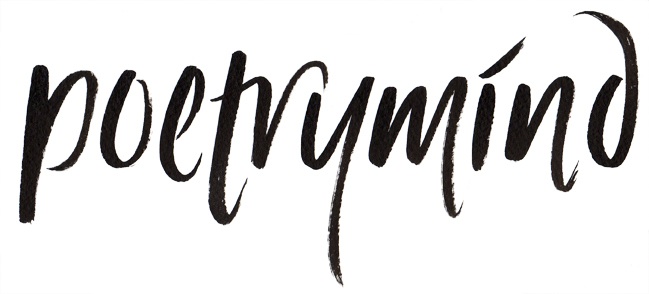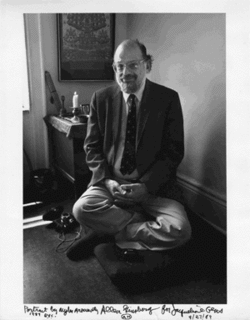It's like the Bardo only the Bardo is worse
For J & AM ...........May We R.I.P.
This morning H. Smith, my diabetes counselor
captures my poetic sensibility when he tells me that Byetta,
the miracle drug for lowering blood glucose
comes from the saliva of the Gila monster
a sort of reptilian bodhisattva though
repugnant creature-- sluggish, ugly, and foul,
Like all losers I fantasize that my April first
Powerball is a winner
I see my seaside cottage overgrown with Rose of Sharon
rose hip clusters at the weathered picket fence, air scented
with salt, kelp and sweet grasses
distant laughter carried over the swoosh of ocean sounds
I’m happiest here, in my primal memory from growing up on
This morning H. Smith, my diabetes counselor
captures my poetic sensibility when he tells me that Byetta,
the miracle drug for lowering blood glucose
comes from the saliva of the Gila monster
a sort of reptilian bodhisattva though
repugnant creature-- sluggish, ugly, and foul,
Like all losers I fantasize that my April first
Powerball is a winner
I see my seaside cottage overgrown with Rose of Sharon
rose hip clusters at the weathered picket fence, air scented
with salt, kelp and sweet grasses
distant laughter carried over the swoosh of ocean sounds
I’m happiest here, in my primal memory from growing up on
the Pacific coast.
I’ve already gifted poet friends, given millions
to a Cambodian girls
recovery fund from sexual bondage in brothels.
I know my charities
I want to walk barefoot
on pristine hardwood floors accented by plush
oriental carpets
a high bed looking out to sea through gossamer curtains.
my own movie almost as good as the real thing,.
It’s all I have
I’m already exhausted imagining it all.
I’m not surprised you consider me “crazy” or “power hungry,”
I’ve already gifted poet friends, given millions
to a Cambodian girls
recovery fund from sexual bondage in brothels.
I know my charities
I want to walk barefoot
on pristine hardwood floors accented by plush
oriental carpets
a high bed looking out to sea through gossamer curtains.
my own movie almost as good as the real thing,.
It’s all I have
I’m already exhausted imagining it all.
I’m not surprised you consider me “crazy” or “power hungry,”
a “malicious liar”—I’ve been called worse.
Remember “dear ones” every projection is a T-Rex
Chasing you down in the bardo corridor
when you’re lost in Juarez without a name.
oooxxxx Won’t MATTER HERE
on the back streets of Old Weird America.
I cleaned my fridge down on haunches emptying out fetid fruits,
Remember “dear ones” every projection is a T-Rex
Chasing you down in the bardo corridor
when you’re lost in Juarez without a name.
oooxxxx Won’t MATTER HERE
on the back streets of Old Weird America.
I cleaned my fridge down on haunches emptying out fetid fruits,
veggies, and brown labia sprouting barnacles
My disregard for the world’s hungry shameless
MY MIND A Garbage
Bag
I remember her once before things got complicated
she wore his fedora hat when we were in Mexico
still humble in awe of the company and her lover
the poet, ugly as a toad, who sang of my scrambled eggs
I hand picked from the market
each night sipping tequila from thumbnails
before the fireplace
swapping tales of poet scandals.
But it’s the old man leaning on a wall
I conjure
basking in the first rays of the sun *
misery dissolved
as he lifts his brown face upward
free from the moment.
*The old man basking in the sun is a traditional metaphor for rigpa or primordial wisdom
My disregard for the world’s hungry shameless
MY MIND A Garbage
Bag
I remember her once before things got complicated
she wore his fedora hat when we were in Mexico
still humble in awe of the company and her lover
the poet, ugly as a toad, who sang of my scrambled eggs
I hand picked from the market
each night sipping tequila from thumbnails
before the fireplace
swapping tales of poet scandals.
But it’s the old man leaning on a wall
I conjure
basking in the first rays of the sun *
misery dissolved
as he lifts his brown face upward
free from the moment.
*The old man basking in the sun is a traditional metaphor for rigpa or primordial wisdom
Jacqueline Gens
Brattleboro, VT
7/4/09









